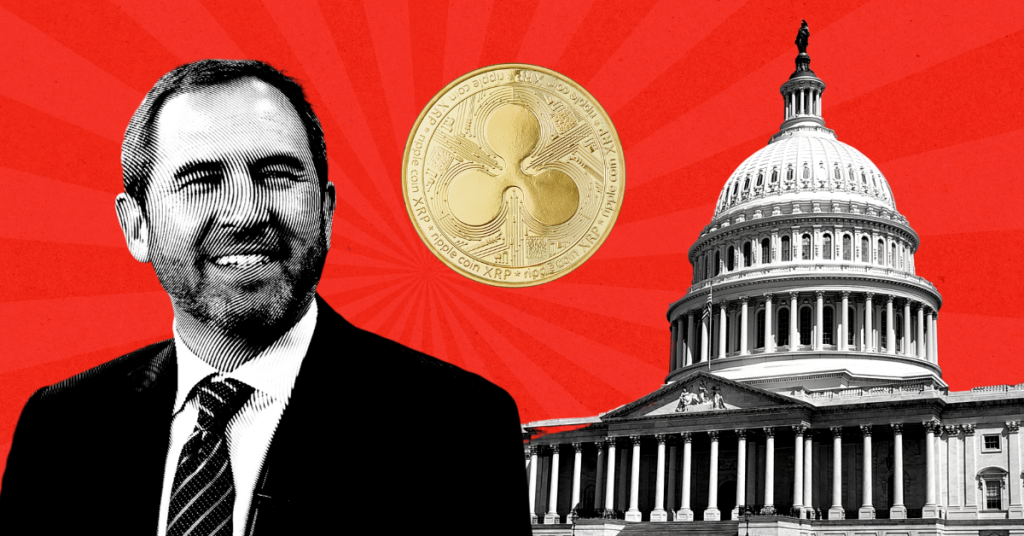ARTICLE AD BOX

The post Ripple CEO Brad Garlinghouse Advocates for Regulatory Clarity and Blockchain Adoption at WEF appeared first on Coinpedia Fintech News
The World Economic Forum’s recent panel discussion on crypto clarity underscored a unanimous sentiment: increased regulatory transparency within the cryptocurrency industry is crucial.
Ripple’s CEO on Regulatory Clarity in the US
Ripple CEO Brad Garlinghouse, present at the Davos event, seized the opportunity to emphasize the importance of regulatory clarity for XRP in the United States, believing it to be a catalyst in attracting clients.
Garlinghouse reflected on the positive aftermath of a landmark court ruling in the preceding year, which categorically declared XRP to be not a security. This legal clarity, he explained, has empowered Ripple to pursue its business objectives more effectively.
In an interview with Fox Business, Garlinghouse said it’s time to accept blockchain and cryptocurrencies on a larger scale, characterizing them as not just passing trends but as innovative technologies and lasting assets. He urged stakeholders to embrace and understand these transformative forces.
Despite acknowledging regulatory challenges in the U.S., Garlinghouse expressed optimism, anticipating that regulatory clarity would eventually be achieved, with the legal victory opening up opportunities for Ripple in the U.S. market.
Ripple’s Impact on Cross-World Payments
Speaking directly about Ripple’s impact, Garlinghouse highlighted how technologies like Ripple’s could significantly slash costs and enhance the speed and efficiency of cross-world payments. Traditionally sluggish and expensive, these payments could witness a paradigm shift through advancements in blockchain.
Moreover, Garlinghouse delved into the slow adoption of blockchain technologies, stressing the imperative for financial institutions to embrace crypto and its inherent interoperability advantages.
In his view, mainstream adoption of blockchain wouldn’t thrive in closed networks; instead, it necessitates widespread acceptance and utilization across numerous banks, promising substantial improvements in transaction efficiency and money movement.
.png)
 1 year ago
12
1 year ago
12
 BREAKING:
BREAKING:  Garlinghouse will be a key participant in the “Clear-Eyed about Crypto” panel on January 18, from 17:30 to 18:15 CET
Garlinghouse will be a key participant in the “Clear-Eyed about Crypto” panel on January 18, from 17:30 to 18:15 CET







 English (US)
English (US)